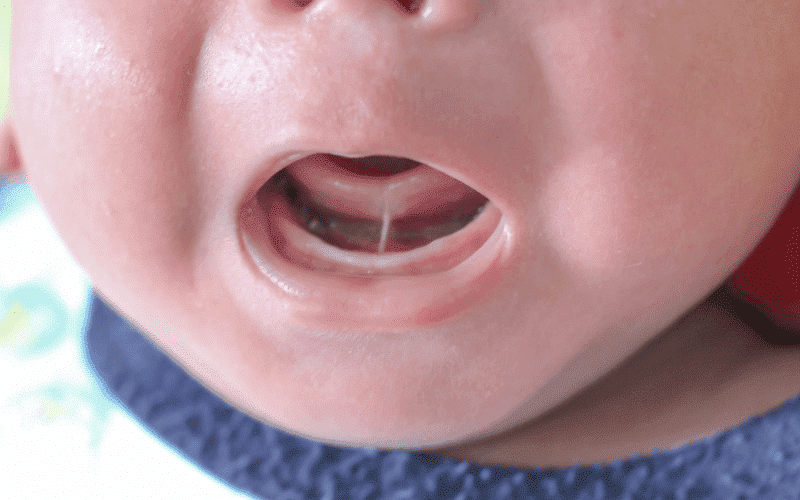Tongue-Tie 101: Feeding, Speech, and When a Frenectomy Helps

Feeding an infant or helping a toddler teach their words can be a hassle when a restricted tongue (ankyloglossia) enters the picture. You’d like your child to be comfortable, growing well, and reaching milestones without unnecessary procedures. This guide explains how tongue-tie could impact feeding and communication, what help is beneficial first, and when a tongue-tie surgery (frenectomy) is the best next step—prepared for parents who wish for simple, peaceful, and evidence-based guidance.
What tongue-tie can influence in the beginning
A shallow or tight lingual frenulum may limit tongue elevation or protrusion. In the infant, that restriction may present as shallow latch, extended feedings, maternal nipple pain, poor milk transfer, or delayed weight gain. Pediatric guidelines emphasize starting with lactation consultation and resolving any maternal or infant issues before surgery is considered. Frenotomy is reserved for extreme functional impairment persisting after conservative management.
What the evidence is: controlled trials have established that frenotomy can reduce nipple pain in the short term, but there are variable improvements in objective breastfeeding outcomes. Recent studies again state that relief of pain can be measured, but small, and that better trials are needed.
Speech issues: separating concern and evidence
It makes sense to wonder about articulation. Recent research hasn’t shown to prove that tongue-tie by itself causes a speech disorder in most children; many can replace sounds like /l/, /t/, and /d/ with typical acoustics. Speech sound is indistinct; speech-language pathology assessment can determine if the pattern is developmental, linked to orofacial myofunctional causes, or otherwise.
Before you think of surgery, build the right support team
Strong first steps include:
- An IBCLC or feeding therapist to optimize latch, positioning, and milk transfer.
- Balancing infant weight gain and comfort for mom.
- Reflex, congestion, or supply issues masquerading as tongue-tie problems on screening.
Both pediatric and pediatric dental policies also take note that the diagnosis and treatment of tongue-tie have risen sharply over recent years, and timing and necessity should be carefully discussed.
When a tongue-tie helps
Treatment is appropriate if there is clear, documented dysfunction, persistent pain with breastfeeding or inadequate transfer despite competent help, or a mechanically confirmed limitation affecting function. Scissors or laser release can be appropriate in these situations, with shared decision and informed patient preference. Claims that frenotomy cures unrelated conditions (such as incipient sleep apnea or orthodontic alignment) are not supported.
If you’re seeking a pediatric dentist in Allen, look for a team that collaborates with lactation and speech providers, explains risks and benefits plainly, and offers follow-up for wound care, stretching guidance, and feeding re-assessment. A trusted kids’ dentist or child’s dentist should also discuss alternatives and the expected recovery timeline in language that makes sense for your family.
What to expect and how to support recovery
A brief in-office release can allow for direct feeding. Aftercare is generally comfort measures, minimal oral motor function as suggested, and a quick return to baseline habits. Your postpartum team needs to schedule a follow-up visit to assess latch, milk transfer, healing, and have speech or myofunctional therapy if needed.
If feeding is still hard despite good support, or you’ve been told a release might help, schedule a consult with Jupiter Kids Pediatric Dentistry & Orthodontics in Allen. You’ll get practical guidance, a careful functional assessment, and a clear plan that fits your child. Call today to book a visit with a pediatric dentist in Allen.


